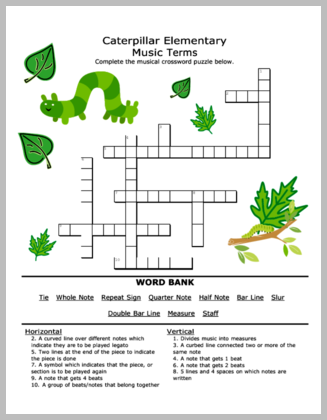 Often students rush through playing their piece, rush through practicing, rush to get up from the keyboard when done performing or practicing, start playing as soon as they sit down (before any thought), etc. But it is important to remember that:
Often students rush through playing their piece, rush through practicing, rush to get up from the keyboard when done performing or practicing, start playing as soon as they sit down (before any thought), etc. But it is important to remember that:
Time is your friend!
Take time to pause before beginning any practice session. Take a few deep breaths, think about your piece, think about your notes and hand position, the character and dynamics and mood of your piece, and then relax and calm your body and mind. Think also about your specific practice goal which you intend to focus on in this very moment. And then, and only then do you begin to play.
Likewise, when you have completed your immediate practice goal, take time to “complete” your playing by placing your hands in your lap and taking a few calming breaths. Then take time to analyze what you just did and how you can improve on it, or what your next immediate practice goal will be.
Another area that time should be added into practice sessions is in the tempo which you practice your piece. SLOW PRACTICE is your friend! Slow, thoughtful, deliberate practice helps to cement patterns and concepts into your mind (which is essential for consistent performance). Always practice slowly in the beginning, with focused attention to what you are doing. Slow, correct practice is always superior to fast and sloppy playing.
Remember, quality practicing is far superior to quantity (time) practicing!
